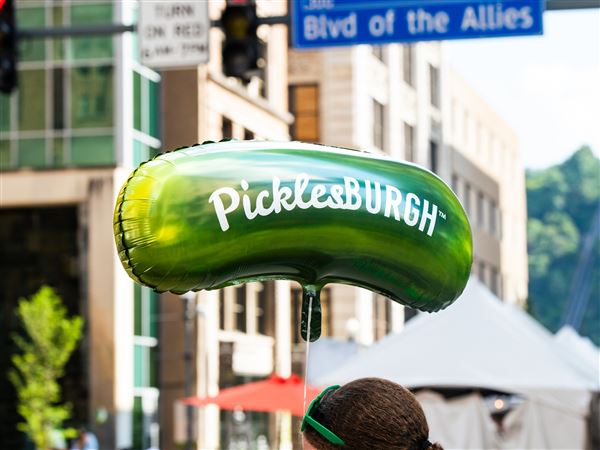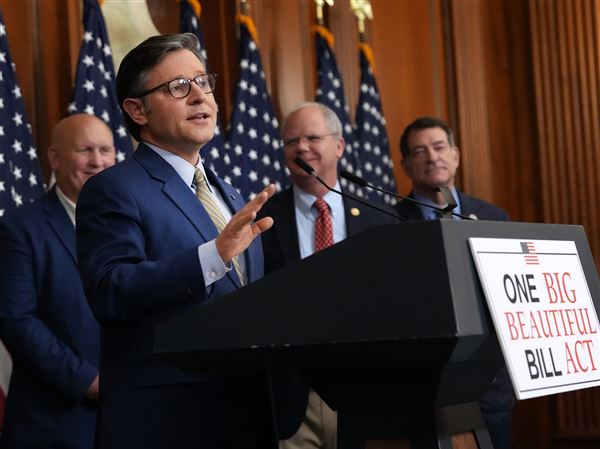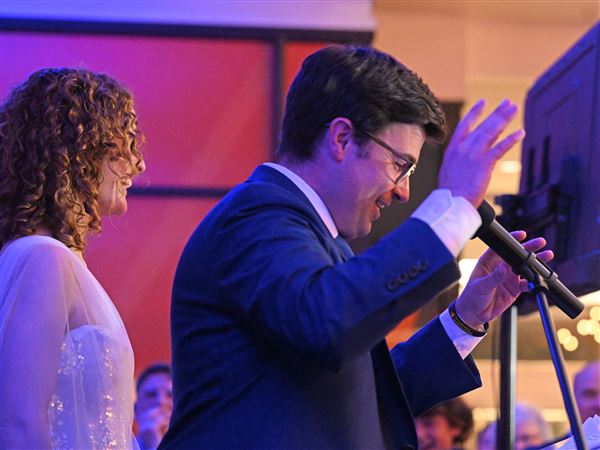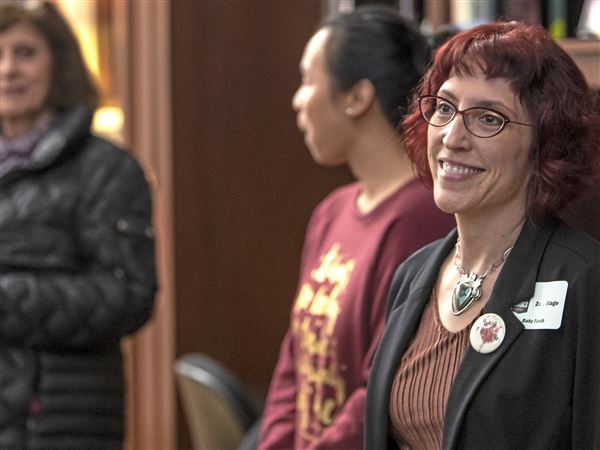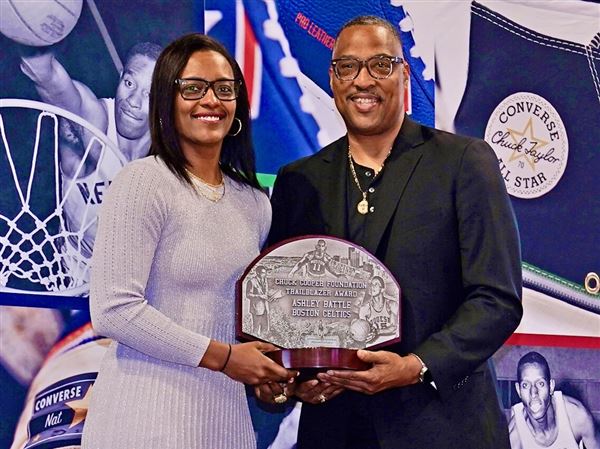Amazon calls its latest Kindle variation -- the DX with its 9.75-inch screen -- the electronic answer to bulky and expensive textbooks.
Rolled out last week, the $489 DX also offers a PDF reader, library search capability and note-taking features. It joins the redesigned Kindle II that Amazon put on sale for $359 in late February. That digital device is best suited for casual readers.
Six universities -- Princeton, Arizona State, Case Western Reserve, Virginia, Pace and Reed -- will run trial programs with its students.
Three publishers -- Pearson, Cengage Learning, Wiley -- have signed on as well to make available some of their titles through the Kindle Store, an online purchasing service. Details on these plans were not released at the press conference May 6 at Pace University in New York.
Amazon's move is another in its drive to corner the market on digital books, both for pleasure and for academics.
Right now, other publishers, such as the University of Pittsburgh Press, are offering a selection of their books to Internet users on a read-only basis. Pitt Press last month placed about 500 out-of-print titles on the Web, generally for scholars and students to peruse. By next year, paperback versions of these titles will be offered for sale.
Amazon's plans are more ambitious, as long as it can work out a price that gives publishers a profit from what is now a very profitable segment of their business -- hardback textbooks. Other publishers are reportedly resisting the move until the income issue is settled.
Kindle's other attractive feature is to offer subscriptions to daily newspapers, but the service is meeting resistance, with only 37 papers, excluding the Post-Gazette, available.
The problem is Amazon's fat share of the price, 70 percent in the case of the Dallas Morning News, and the right to reprint material from papers on other sites. Advertising is also not picked up on the Kindle.
The current state of electronic books remains in the embryonic stage, as Richard Bellaver, expert on e-book operations at Ball State University told Insider Higher Ed. "E-textbooks have been 'this year's breakthrough' for the last 10 years," he pointed out.
As for Kindle's success, Amazon continues to refuse to release sales figures for the device, which was introduced two years ago.
The East Liberty branch of the Carnegie Library of Pittsburgh will get its long-needed $5.6 million renovation this summer. To kick it off, the library will throw a Deconstruction Party Friday from 7 to 10 p.m. at the branch, 130 S. Whitfield St.
Food, drink and dancing are on the menu for party-goers 21 and older. Cost is $35 in advance, $40 at the door. Proceeds help cover the renovation cost. To order: Online at carnegielibrary.org/latenight; in person at the branch or main library; or by phone at 412-578-2586.
• The Sunday Poetry and Reading Series opens Sunday at the Carnegie Library's headquarters in Oakland. Programs are planned for the third Sunday of the month through August.
Poet CM Burroughs kicks off the program at 2 p.m. in the library's first floor reading room. She teaches poetry at the University of Pittsburgh and has published in the literary magazines Runes and Bat City Review.
Also scheduled: June 21: Novelist and poet Dana Killmeyer; July 19, novelist Karen Lillis; Aug. 16, poets Judith Robinson and Michael Wurster discuss their jointly edited book, "Along These Rivers."
For more details: 412-622-3151.
First Published: May 12, 2009, 4:00 a.m.
